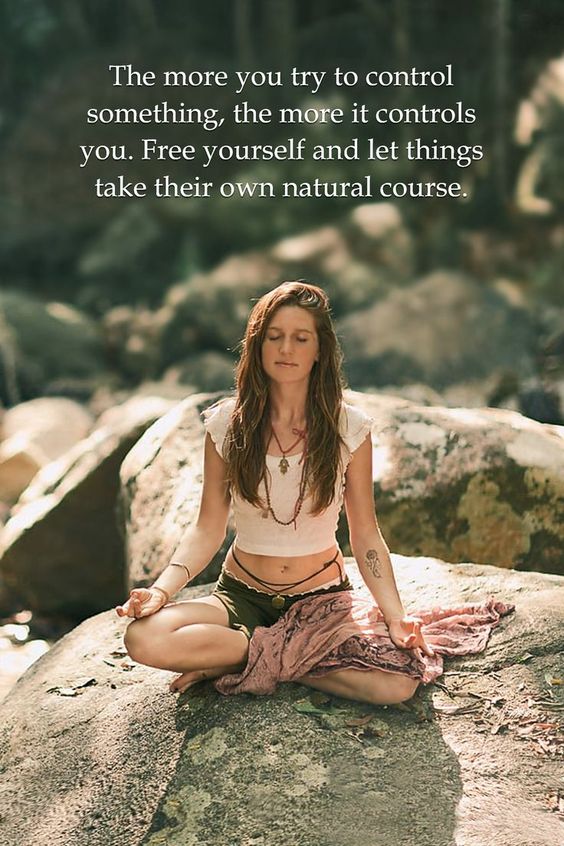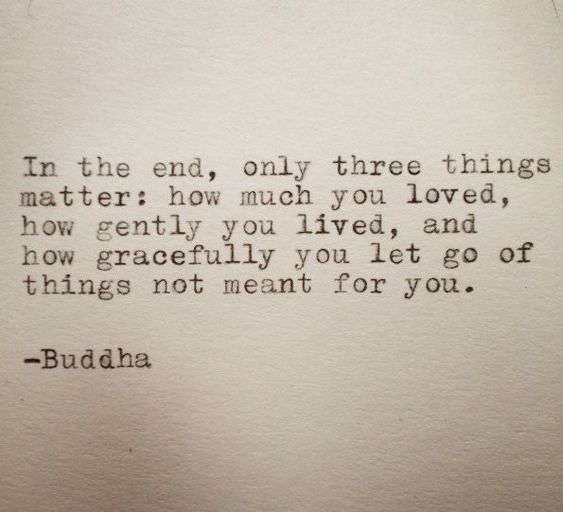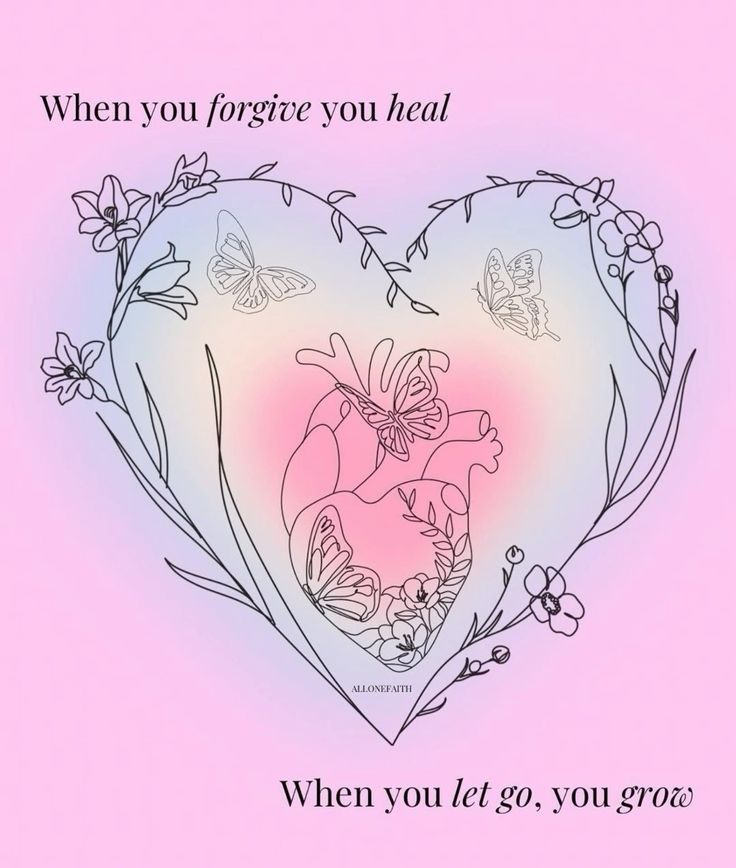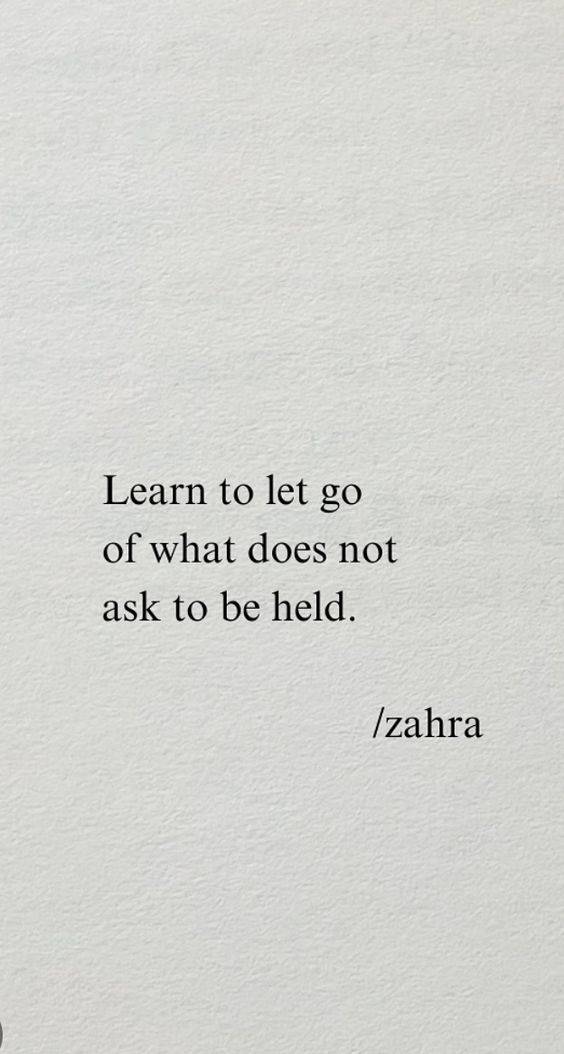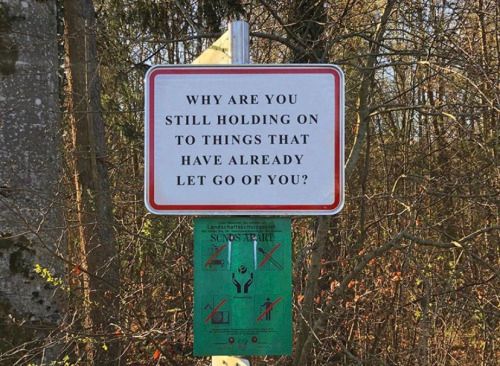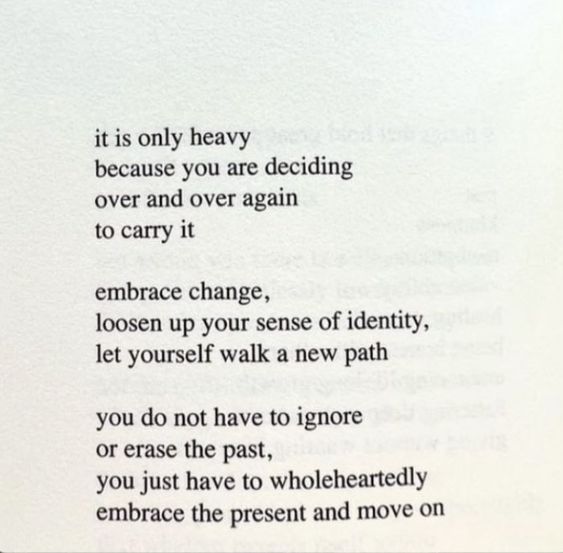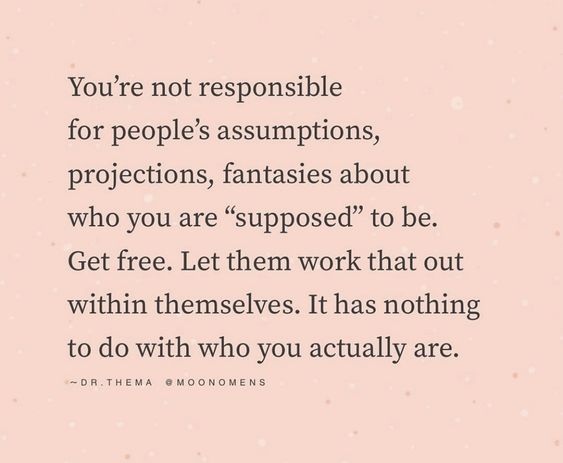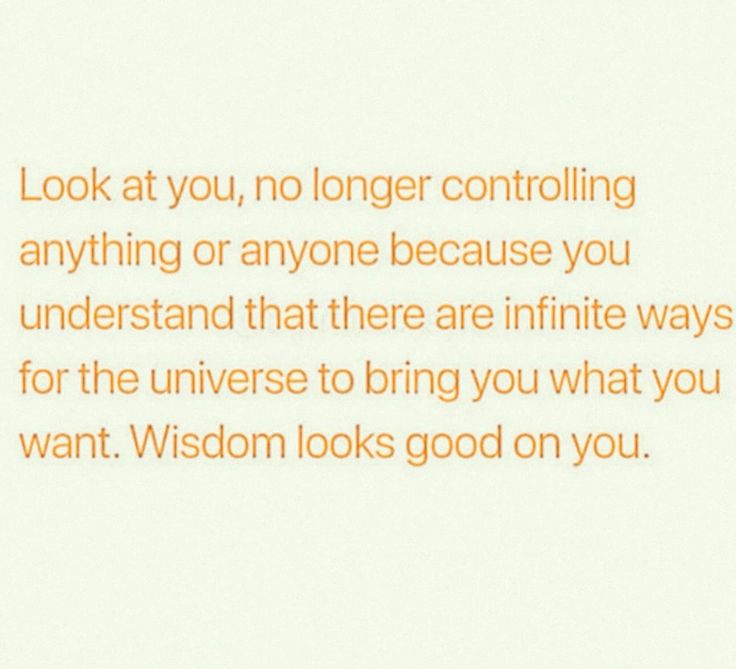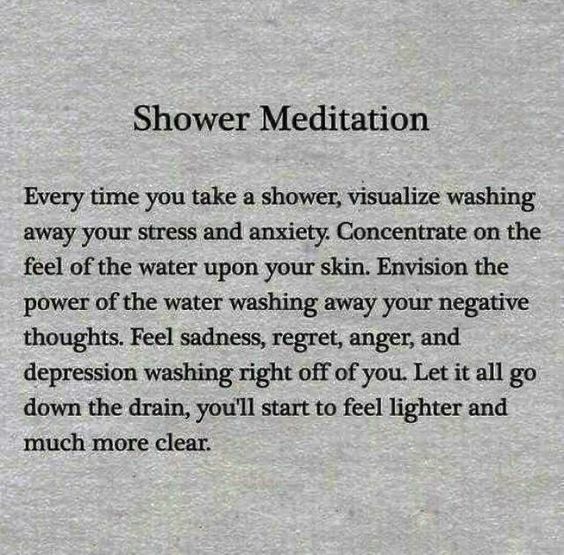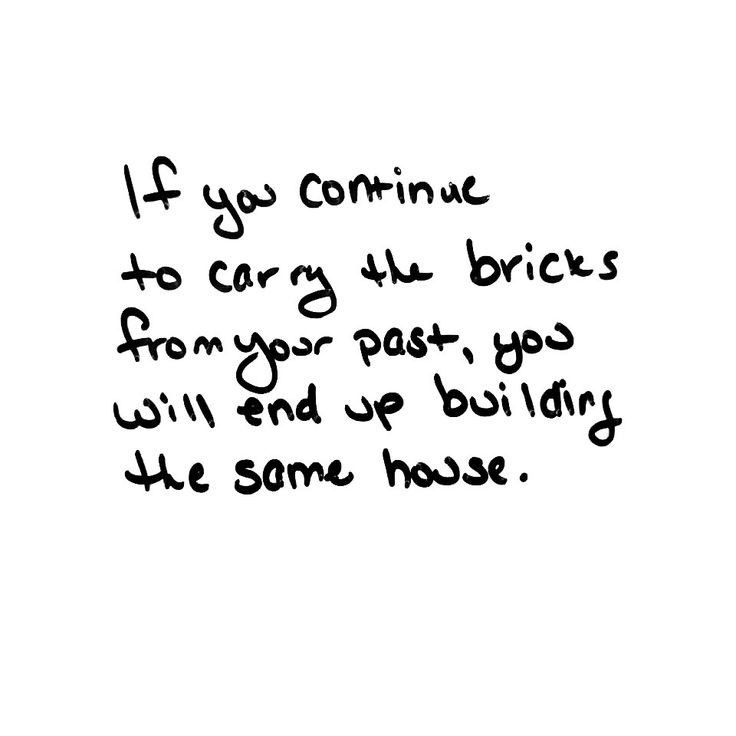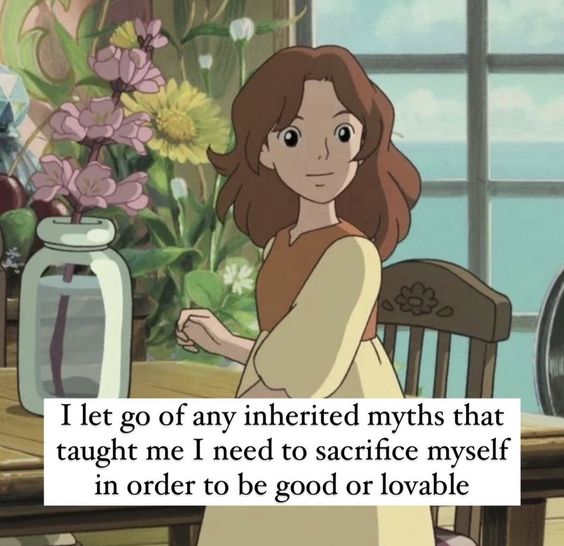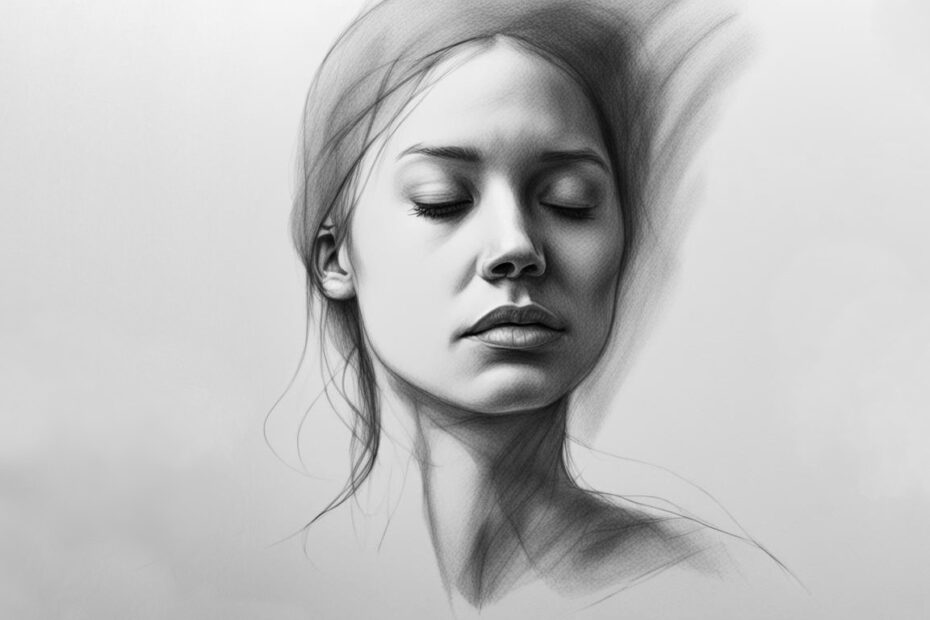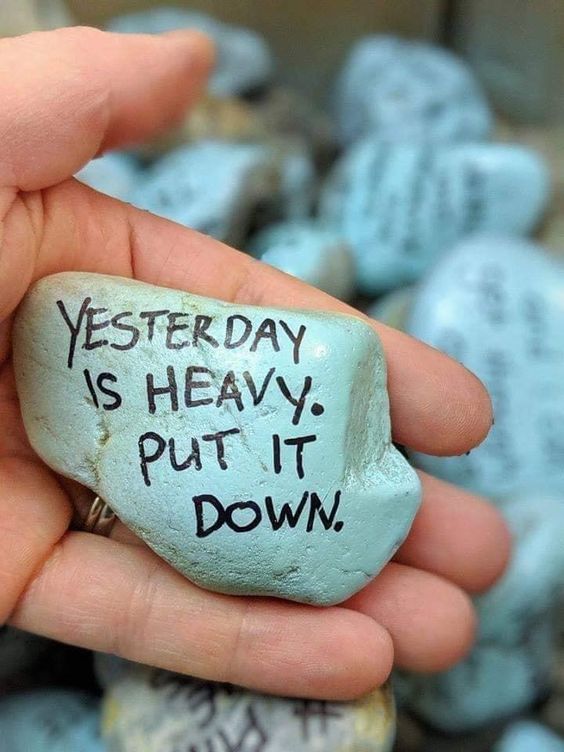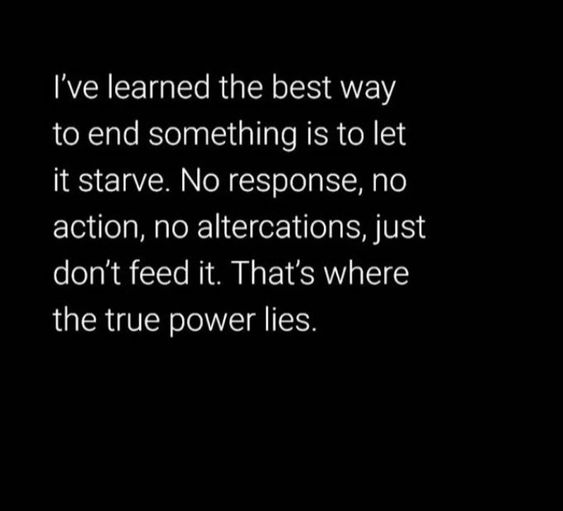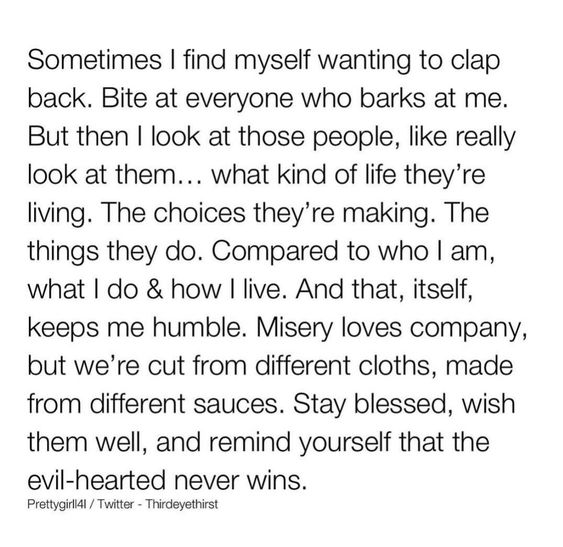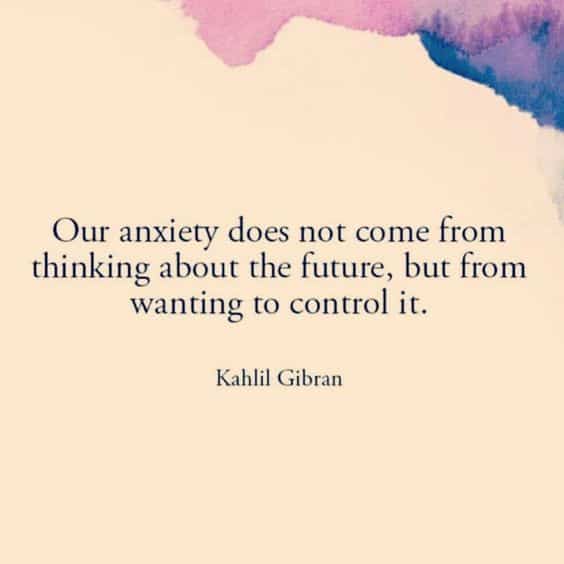“I know that sometimes, persistence is not a virtue. I would trade my other abilities to be an exceptional songwriter. I gave it a serious enough try to know that I don’t have the knack, for years, and I’m not interested in being publicly mediocre at the performing arts. My life is incalculably better for having let the dream go. The world will be happiest with a certain range of behaviors from you—life will be easier if you find a place in that range where you’re content. David Whyte calls this the conversational nature of reality, and he is correct about the importance of this concept.”
Sasha Chapin
“Holding on for dear life. That’s a cliche from the movies. Dangling from a railroad bridge, only determination and firm grip can save the hero. In our modern world, we often end up holding on to ideas, to grievances or to our view of the world. Ironically, the harder we hold on to the things we’re hiding from, the less dear our life becomes. Perhaps we could let go for dear life instead.”
Seth Godin
An Exercise In Forgiveness—To Help You Let Go Of Anger and Find Peace
Excerpt: Forgive—even if the relationship isn’t one you want to save. Not so you can let people off the hook, but so you can cultivate inner peace.
Read More »An Exercise In Forgiveness—To Help You Let Go Of Anger and Find Peace
“Don’t be in a hurry to drop it [whatever “it” is], because people who are in a hurry to drop things don’t give themselves enough time to understand them.”
Osho, Everyday Osho (Page 112)
“Ask yourself: ‘What am I afraid of losing?’ Start with the externals: Is it your car, your house, your looks? Write down everything you think of. Now think about the internals: your reputation, your status, your sense of belonging? Write those down too. These combined lists are likely to be the greatest sources of pain in your life—your fear of having these things taken away. Now start thinking about changing your mental relationship with those things so that you are less attached to them. Remember—you can still fully love and enjoy your parter, your children, your home, your money, from a space of nonattachment. It’s about understanding and accepting that all things are temporary and that we can’t truly own or control anything, so that we can fully appreciate these things and they can enhance our life rather than be a source of griping and fear.”
Jay Shetty, Think Like A Monk (Page 57)
